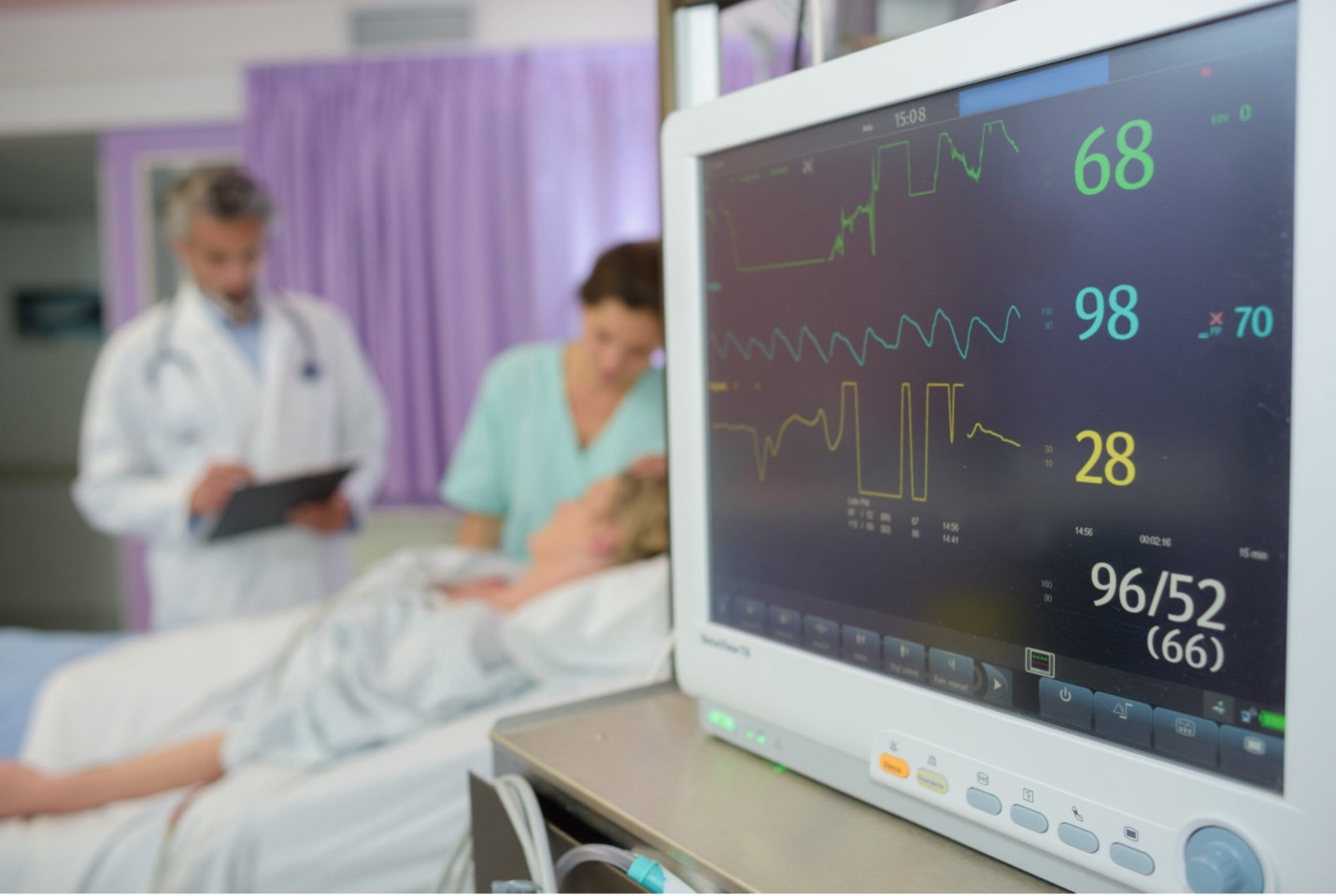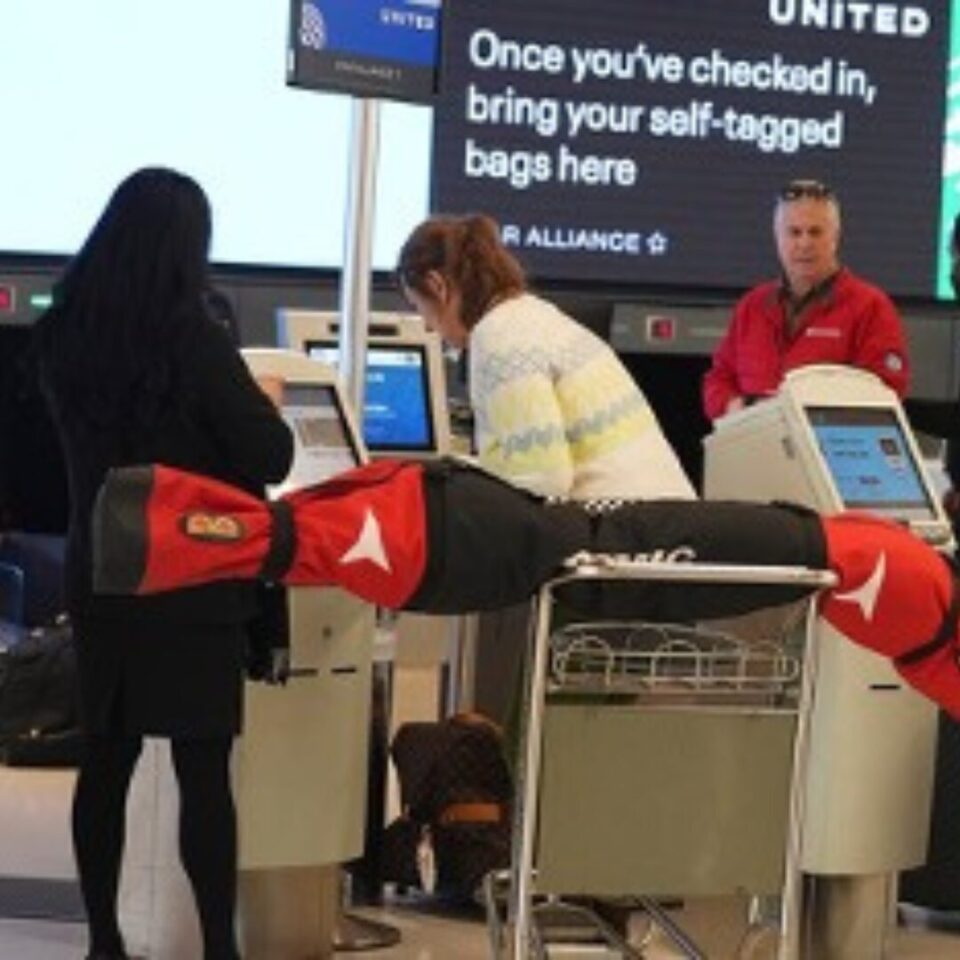On-Demand Medical Triage: The Frontline of Rapid Patient Response
Discover how on-demand medical triage and medical assistance services provide rapid care and peace of mind for travelers.

Traveling should be about adventure, discovery and freedom — but what happens when unexpected sickness or injury interrupts your journey?
That’s where medical assistance services step in, offering on-demand medical triage to help you get rapid, reliable care anywhere in the world. Whether you’re midway through a business trip or exploring a remote paradise, having access to a dedicated support team means you’re never alone when health issues arise.
In this article, we’ll explore how on-demand medical triage works, why it’s especially vital for travelers, and how you can make the most of these services in real-life scenarios. We’ll walk you through the operational side of global assistance, key questions to ask, how to use the services while abroad, the role of telehealth evolution, and practical tips to stay healthy and prepared. If you value peace of mind on the go, read on and you’ll learn how medical assistance services can be your frontline defence when you’re far from home.
Why Travelers Need On-Demand Medical Triage
When you’re traveling — whether for leisure or business — your health risks differ from being at home. Language barriers, unfamiliar healthcare systems, timezone changes, and travel fatigue all increase the chance of minor issues becoming major ones. That’s one reason why medical assistance services for travelers are so critical. Many providers now offer 24/7 global medical assistance, meaning you can call a multilingual line as soon as symptoms surface.
On-demand triage helps by assessing your condition quickly, deciding whether you can treat it locally, need to go to a hospital, or require evacuation. That prevents delay, ensures you don’t pay for unnecessary emergency care, and gives you peace of mind that you’re not alone. Remote triage nurses can guide you through whether to rest in your hotel or go to a local clinic. For travelers, this means less stress and more confidence — whatever corner of the world you’re in. Suddenly, illness doesn’t have to derail your entire trip.
What Is On-Demand Medical Triage?
On-demand medical triage is essentially a rapid assessment service available at any time that determines what level of care you need based on your symptoms and location. It involves trained clinicians, clinical protocols, and often technology such as video calls, chat platforms, or mobile apps.
In the travel context, this means if you wake up with fever in a hotel room abroad, you can contact your medical assistance service, get triaged remotely, receive prescriptions if needed, and be referred to a trusted local provider. The process ensures you don’t waste time, money, or put yourself at risk by delaying care. Unlike standard emergency services, on-demand triage emphasizes speed, convenience, and appropriateness — giving you the right level of care rather than a one-size-fits-all approach.
Travelers often underestimate minor symptoms until they become major. On-demand triage encourages early intervention — which is usually cheaper, quicker, and much smoother when you’re far from home.
How Medical Assistance Services Operate for Travellers
High-performing assistance services rely on global infrastructure. When you contact them, you’re connected to a multilingual team that gathers your symptoms, travel itinerary, and medical history. If triage indicates local care is sufficient, they refer you to a vetted clinic or hospital and may assist with appointments and translation. For serious issues, coordination begins for transportation, evacuation, or hospital monitoring.
Typical steps include contacting the service, clinician evaluation, determination of next steps, logistical arrangements if needed, and continuous monitoring until you recover. The stronger the provider’s global network and logistics engine, the more seamless your experience will be. A robust service can handle everything from prescription refills to air evacuation — ensuring safety, speed, and coordination.
Key Components of a High-Performing Medical Assistance Service
Clinical triage protocols and trained clinicians form the backbone of effective assistance. These professionals rely on structured evaluation methods that reduce unnecessary ER visits and improve outcomes.
Global provider networks ensure you have access to trustworthy hospitals, clinics, labs, and pharmacies worldwide.
Logistics and evacuation capabilities guarantee that if your condition worsens, the service can arrange medical transport or repatriation swiftly.
Technology and travel-friendly interfaces such as mobile apps and 24/7 chat tools make it easier for travellers to connect with clinical help at any hour.
Many travellers assume “medical assistance” means a simple hotline call — but the best services operate like full health concierge systems, blending clinical care with logistical precision.
Benefits of On-Demand Medical Triage for Travellers
Fast access and peace of mind: When you’re sick in an unfamiliar place, speaking to a qualified clinician within minutes can make all the difference.
Cost savings: On-demand triage reduces unnecessary ER visits and hospital stays by directing you to appropriate local care.
Coordinated, culturally aware care: Assistance teams often provide translation, handle payment logistics, and navigate local medical systems for you.
Better outcomes: Quick intervention prevents minor illnesses from worsening and allows faster recovery.
For travelers, these benefits translate to more freedom, safety, and confidence — knowing expert help is just a call away.
What Travellers Should Check Before They Travel
Before departure, verify whether your travel insurance includes active medical assistance services rather than just reimbursement coverage. Review policy details carefully: exclusions, pre-existing condition clauses, and definitions of “emergency.”
Make sure the provider offers 24/7 access, multilingual support, and evacuation capabilities. Confirm that the assistance network covers your destination and that you understand how to contact them.
Many travellers overlook these details until a crisis arises. Reviewing them early can prevent major stress and expense later on.
How to Use Medical Assistance Services When Abroad
- Save the hotline or app details as soon as you arrive.
- Prepare your medical and travel info – medications, allergies, and itinerary.
- If you feel unwell, contact the service immediately. Describe your symptoms accurately.
- Follow their guidance – they’ll tell you whether to rest, visit a clinic, or seek urgent care.
- Stay in touch – most services provide ongoing case monitoring until you’re fully recovered.
Using these services early — when symptoms are mild — often prevents costly emergencies later.
Telemedicine, Remote Triage and the Future of Travel Healthcare
Telemedicine is transforming global medical assistance. Remote consultations, AI symptom checkers, and translation tools enable travelers to access clinicians within minutes. The result is faster, safer, and more personalized care — no matter where you are.
However, remote triage doesn’t replace in-person care for severe cases. The best model combines digital convenience with on-ground medical networks. Travelers benefit most when telehealth and logistics work together seamlessly.
Evacuation and Repatriation
If local care isn’t enough, your assistance provider can coordinate medical evacuation or repatriation. This includes air ambulance transport, medical escorts, and continuous communication with family and insurers.
Evacuation is complex and expensive — but with a good assistance plan, coordination and financial authorisation are handled efficiently. Acting quickly ensures smoother transfers and safer outcomes.
Common Myths and Pitfalls
Myth 1: “My travel insurance covers everything.”
Most insurance policies reimburse costs after the fact but don’t provide live medical coordination. Assistance services do.
Myth 2: “Any hospital will treat me the same.”
Healthcare quality and pricing vary widely abroad. Assistance services direct you to vetted providers.
Pitfall: Ignoring fine print on pre-existing conditions or forgetting the hotline number. Preparation avoids costly surprises.
Checklist for Choosing a Service
- 24/7 multilingual hotline
- Global provider network
- Proven evacuation and repatriation support
- Transparent escalation process
- Mobile app or web portal
- Clear pricing and coverage terms
- Verified traveller reviews
Asking for examples of real evacuations or referrals can help gauge reliability.
Preparing for Travel
Before flying, get a pre-trip health check and update vaccinations. Save your assistance hotline in your phone and carry a digital or printed copy of your health records.
Pack essential medications, note local healthcare facilities, and understand how your assistance service operates at your destination. Preparation ensures you act confidently, not in panic, if illness strikes.
Conclusion
Travel should be about exploration, not anxiety. With on-demand medical triage through a reliable medical assistance service, you gain a safety net that travels with you. From early symptom assessment to full evacuation coordination, these services bridge the gap between convenience and care when you’re far from home.
Before your next trip, make sure you’re covered by a service you trust. Save their contact, review your plan, and travel knowing expert help is just one call away. Peace of mind is the best travel companion you can have.
FAQs
1. What’s the difference between medical assistance services and travel insurance?
Travel insurance reimburses expenses later, while medical assistance services provide immediate help — triage, referrals, and coordination.
2. How fast can I reach a clinician abroad?
Most providers offer 24/7 multilingual hotlines with connections to medical staff within minutes.
3. Will they arrange evacuation if I’m seriously ill?
Yes, many services include medical evacuation and repatriation for critical cases, depending on your plan’s terms.




